Virtual reality: the next big thing for business?
Analysts say that virtual reality could be used mobile working and remote collaboration
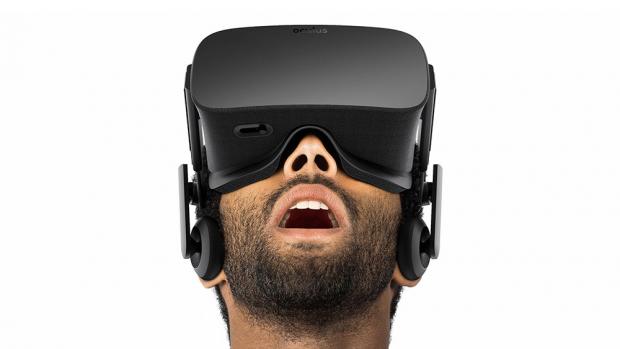
When Facebook acquired Oculus Rift in the middle of 2014, virtual reality was placed very much back on the agenda. The concept was conceived by Doug Englebart and then Evans and Sutherland in the 1960s, but has wavered in and out of fashion since then. This time round, with some big names behind the competing technologies, virtual reality, or VR for short, could become something truly mainstream, with significant implications for business mobility.
The last time VR was fashionable was the 1990s. Phrases like "cyberspace" and the "information superhighway" were being coined and bandied around, and movies like TRON, The Lawnmower Man and The Matrix had suggested that this new online realm would be a three-dimensional representation. In the early 1990s, researchers and software developers were attempting to imagine and prototype ways that this 3D realm could be used in business. Suggestions included avatar-based telepresence during voice communications, and 3D graphics of financial information through which you could fly to get a better understanding of trends.
None of this escaped the realm of science fiction in the 1990s and 2000s. But the new interest looks a lot more likely to go mainstream and provide a shift in how we use our computing devices. Although Oculus Rift still hasn't officially launched, the interest in the technology has been immense, and the acquisition by Facebook took many by surprise. Hot on the heels of this enormous $2 billion deal were the arrival of Google Cardboard, Samsung Gear VR, and Microsoft's HoloLens. With all these huge brands behind VR, something is clearly rumbling under, and even though a lot of these technologies are aimed at gaming, there are plenty of ways they could benefit more serious activities. The VR headset revolution should also be seen alongside the growing interest in making 360-degree films, with the first festival devoted to the genre held in 2015. Cameras for recording video in 360 degrees are being announced as fast as the VR headsets, and YouTube already supports playback from some popular models.
The Week
Escape your echo chamber. Get the facts behind the news, plus analysis from multiple perspectives.

Sign up for The Week's Free Newsletters
From our morning news briefing to a weekly Good News Newsletter, get the best of The Week delivered directly to your inbox.
From our morning news briefing to a weekly Good News Newsletter, get the best of The Week delivered directly to your inbox.
In business, the ability to record 360-degree video and watch it interactively with a VR headset or even just the option to pan around a more traditional onscreen video stream could have many uses. The webcam-enabled Skype call or Google Hangouts meeting has become a mainstay of collaboration at a distance, but it's never quite as good as a face-to-face encounter. Throw in VR, however, and the experience becomes much more immersive. A 360-degree camera in the meeting room and phone-based headsets will give virtual attendees a greater sense of being there with the physical attendees, which will make their contributions much more comfortable and in tune with the mood of the group.
Any business that requires decisions about physical spaces will be vastly enhanced by the ability to use VR. Important managers can be given a view of a space by employees on location without the need for them to leave the office, or they could have the same experience when travelling. Visualisations of new spaces will also be that much easier to experience, so they don't need to be built before it's realised something doesn't quite work - by which time it will be too late. New products will be easier to view in VR, particularly larger items like cars, where it will be easier to get a sense of being an occupant, either inside the engineering model, or inside the real thing via 360-degree cameras.
There are many social situations that would benefit greatly from one or multiple participants using a VR headset or other VR viewing system. Remote job interviews could be enhanced with the interviewer able to look at interviewee body language rather than just the talking head usually provided by webcams. In an increasingly global jobs market, a reduction in the need to fly candidates around the world to get a good idea if they’re fit for your company could be a huge money saver.
Training is another activity where VR has massive potential. Instead of sitting glued to the static perspective provided by a conventional video, trainees will be able to interact with the subject of the training and focus on the specific area that particularly concerns or interests them. And, of course, any kind of design that already uses 3D virtualisation will be enhanced by the ability to view those three dimensions whilst designing in, well, three dimensions. The designer will be able to look around the object they are designing with the much more natural motion of moving their head, rather than viewport mouse control gestures.
Alongside these abilities will be a requirement for much more flexible computing devices. A traditional notebook might have the portability required, but it will still force the user into a desk- or lap-bound working position. The non-headset-based VR experience will be much more conducive to using a tablet, which will further improve the value of crossover devices like HP's Elite x2 1011, which is both business notebook and 11.7in tablet combined.
The VR revolution has the potential to provide the best of both worlds when on the move. Whilst mobility has provided us with the flexibility of workplace so that time on the road no longer needs to be dead time. But VR will allow us to be much more engaged with places where we currently are not when we need to be, so the lack of presence in an actual location has far less impact. That can only be positive for our ability to stay connected with our offices and colleagues when out on the road.
A free daily email with the biggest news stories of the day – and the best features from TheWeek.com
-
 The 8 best TV shows of the 1960s
The 8 best TV shows of the 1960sThe standout shows of this decade take viewers from outer space to the Wild West
-
 Microdramas are booming
Microdramas are boomingUnder the radar Scroll to watch a whole movie
-
 The Olympic timekeepers keeping the Games on track
The Olympic timekeepers keeping the Games on trackUnder the Radar Swiss watchmaking giant Omega has been at the finish line of every Olympic Games for nearly 100 years
-
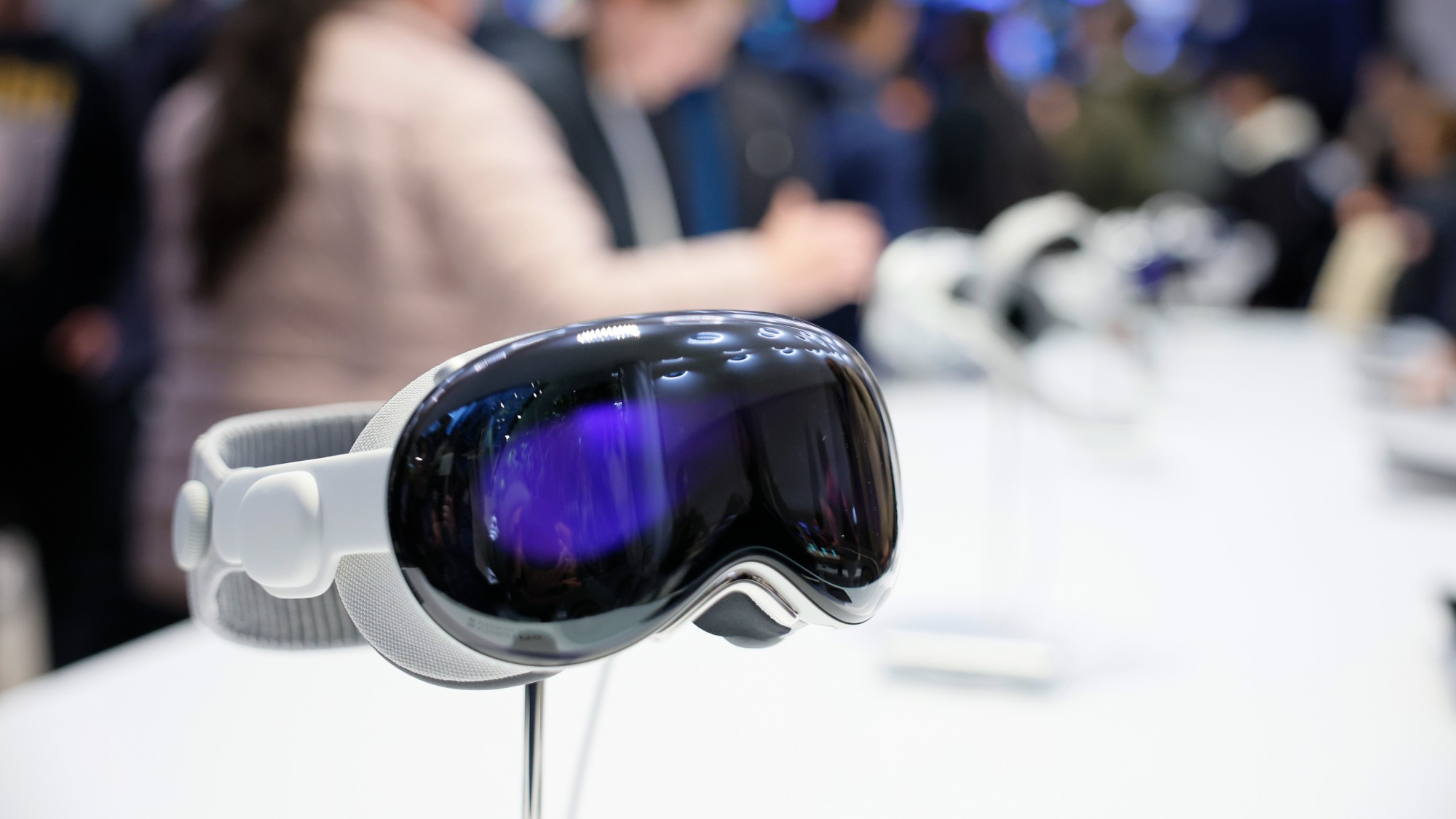 The pros and cons of virtual reality
The pros and cons of virtual realityPros and cons The digital world is expanding, for better and for worse
-
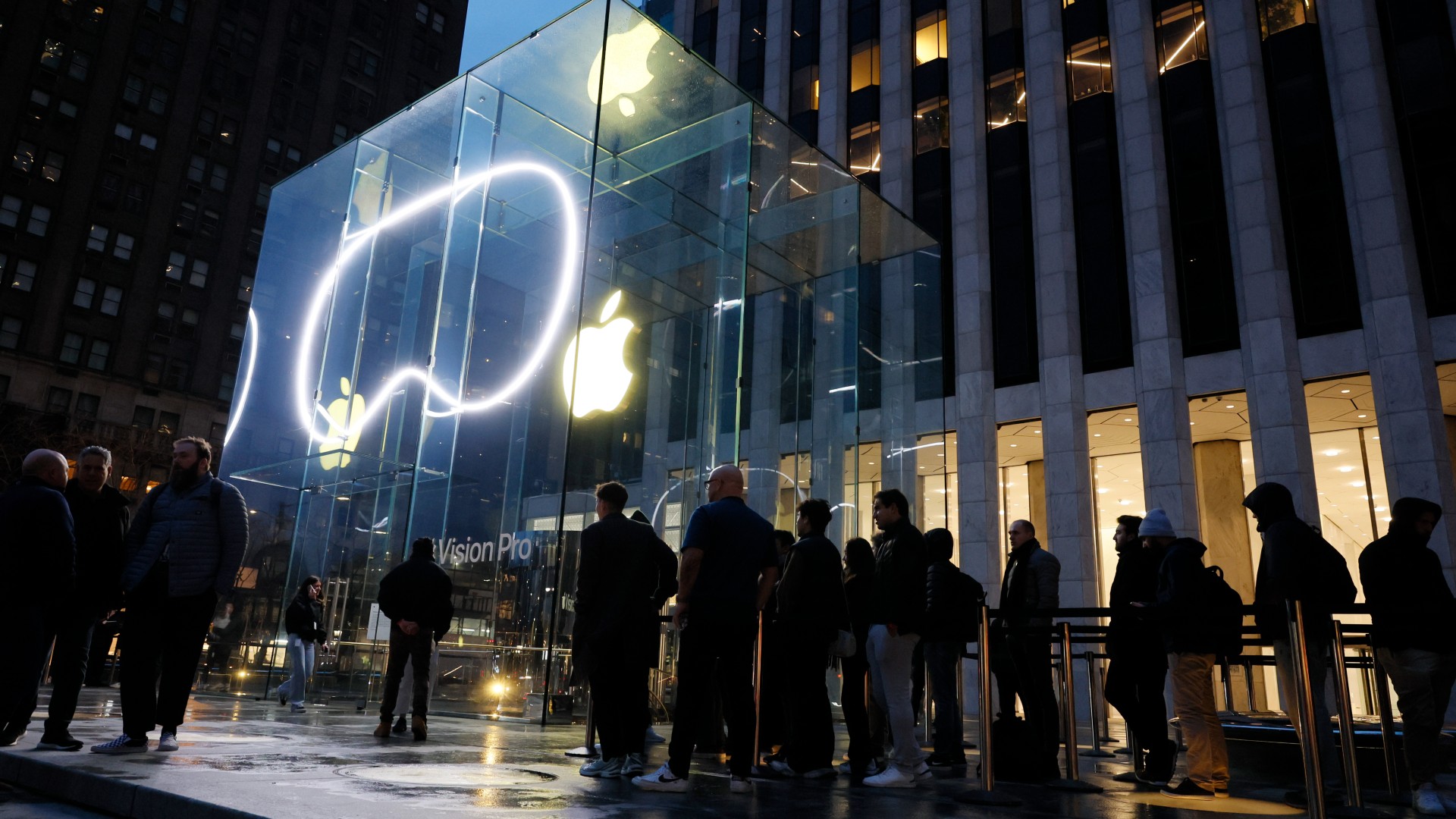 The Apple Vision Pro's dystopian debut
The Apple Vision Pro's dystopian debutIn the Spotlight Is "spatial computing" the next big thing?
-
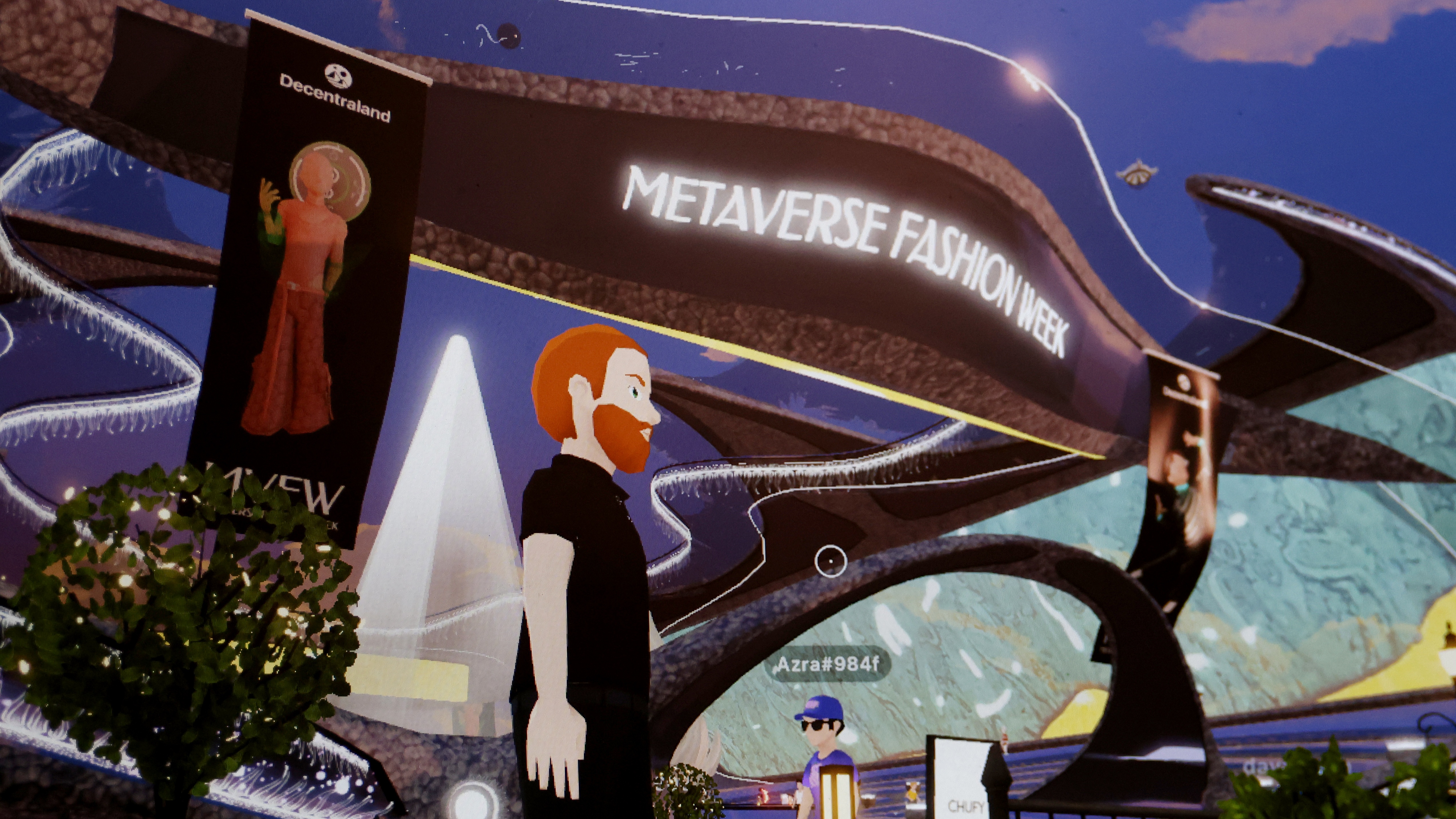 Digital fashion and the metaverse
Digital fashion and the metaversefeature Virtual shopping malls are popping up all over the metaverse as demand for digital fashion grows
-
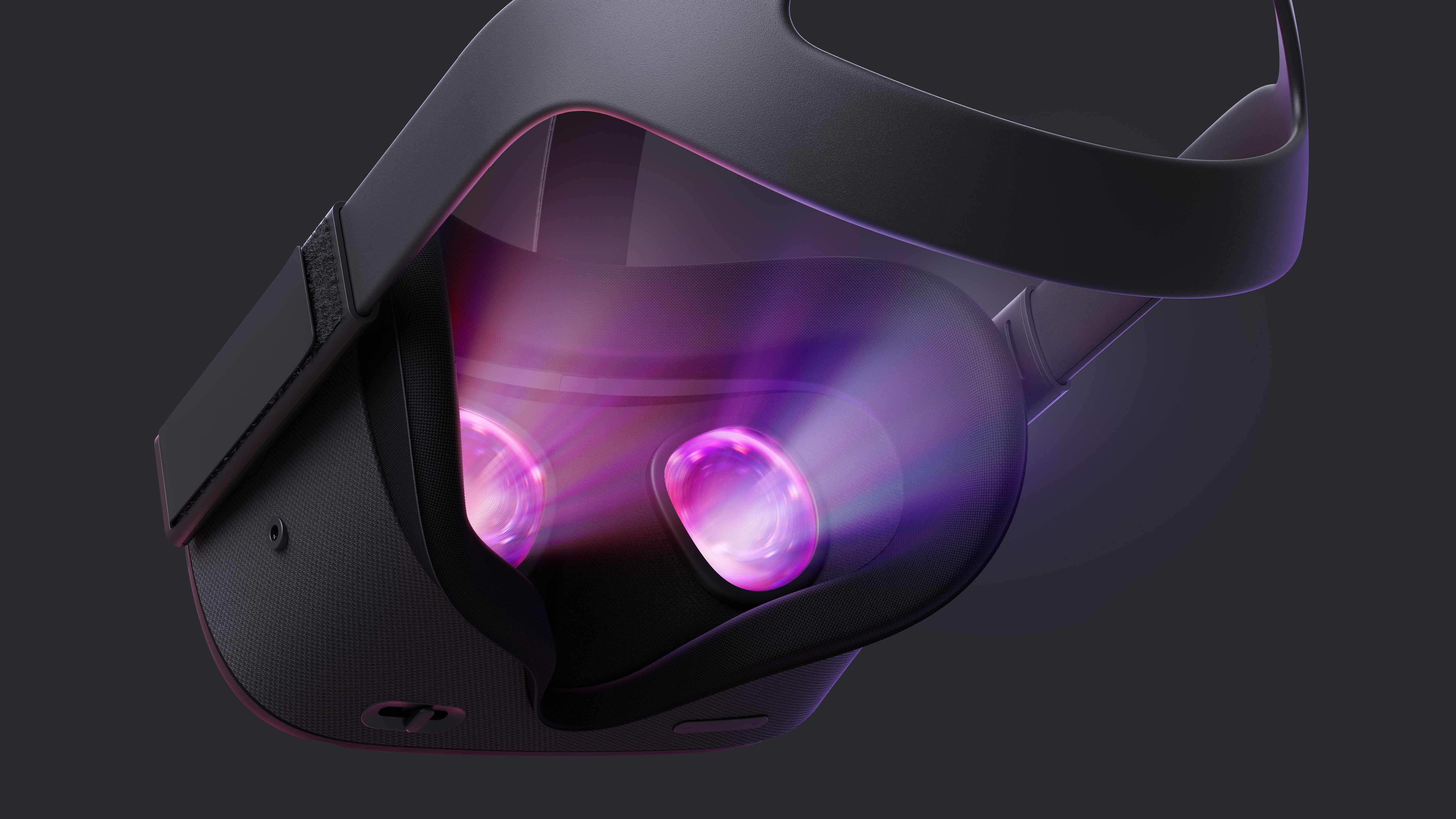 Oculus Quest revealed: UK release date, prices and specs
Oculus Quest revealed: UK release date, prices and specsIn Depth Mark Zuckerberg’s new wireless headset launches next spring
-
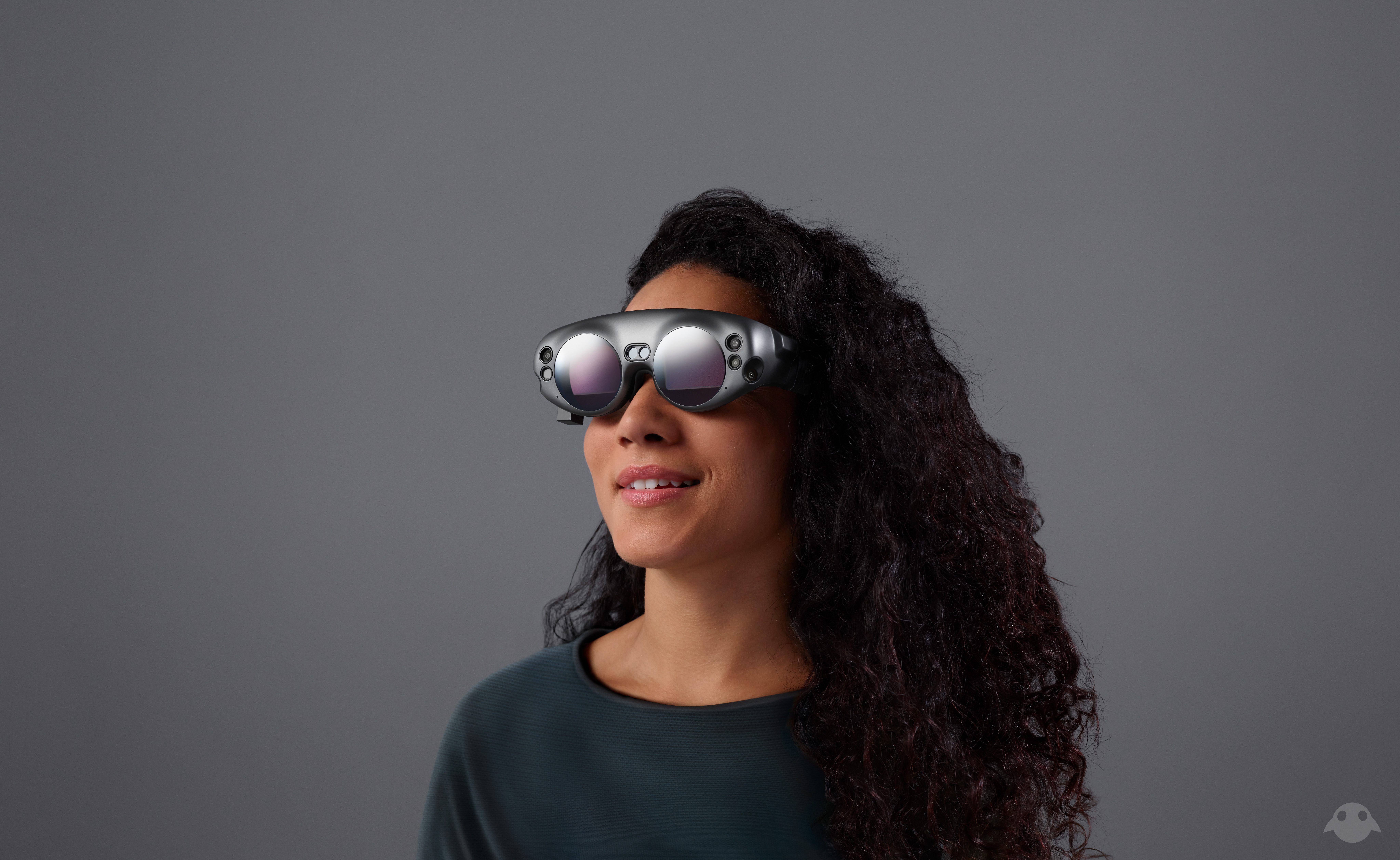 Magic Leap One: release date and pricing confirmed in US
Magic Leap One: release date and pricing confirmed in USIn Depth The AR headset can now be ordered - but in only six US cities so far
-
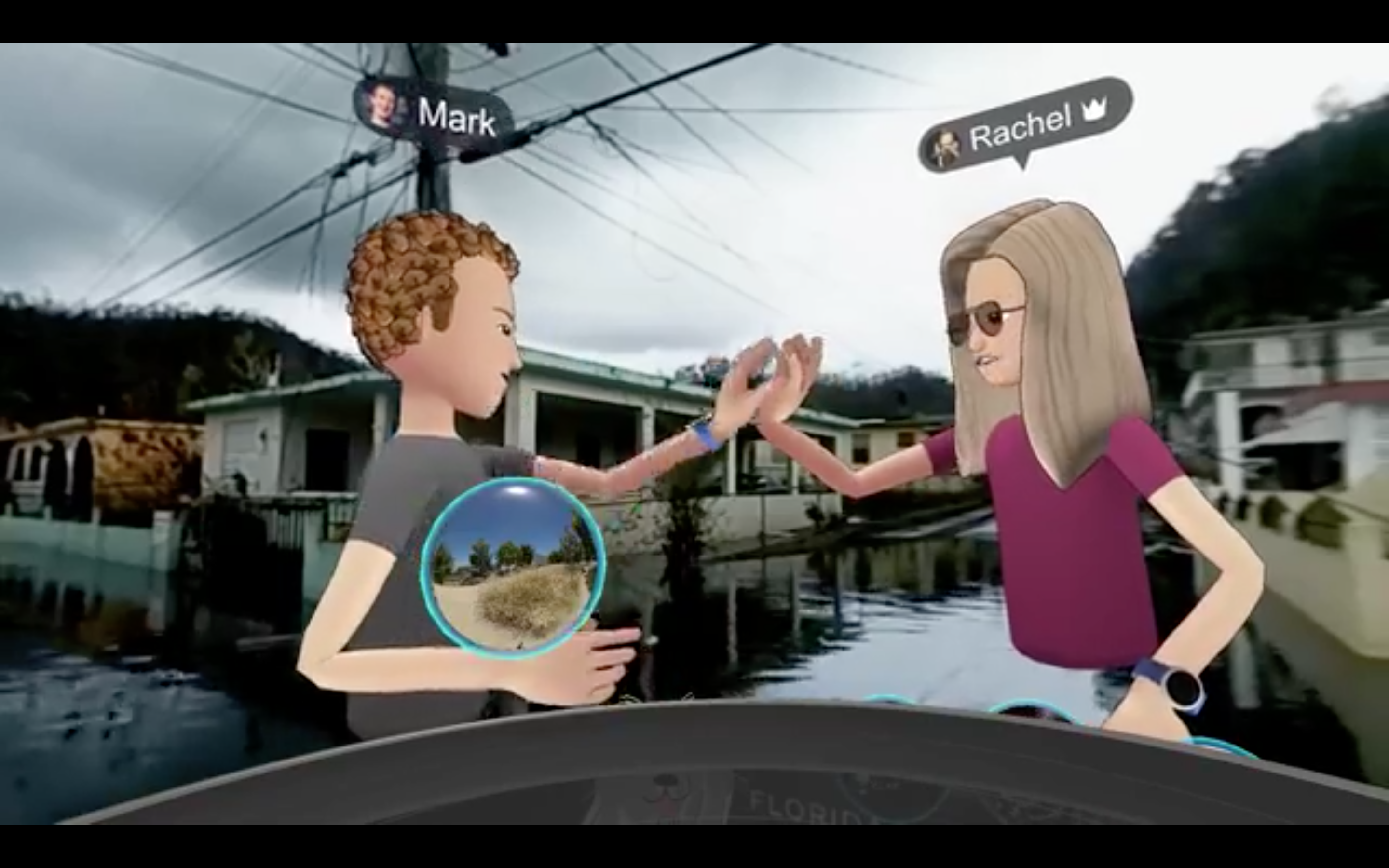 Facebook's Mark Zuckerberg ‘visits’ hurricane-hit Puerto Rico in VR promo
Facebook's Mark Zuckerberg ‘visits’ hurricane-hit Puerto Rico in VR promoSpeed Read Billionaire criticised on social media over ‘tone-deaf’ livestream
-
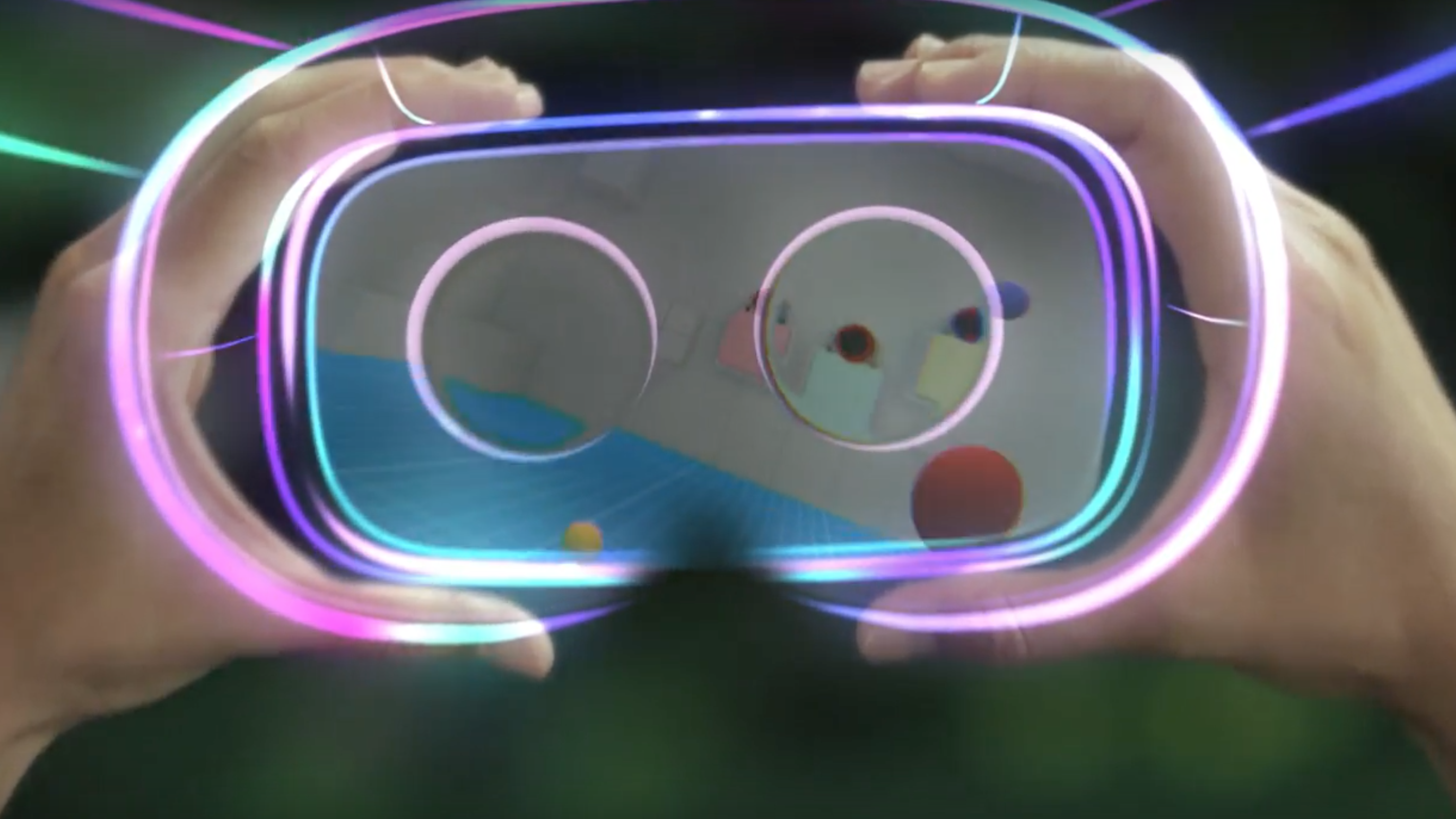 Google develops standalone VR headsets
Google develops standalone VR headsetsIn Depth New platform doesn't need to be powered by a smartphone or computer
-
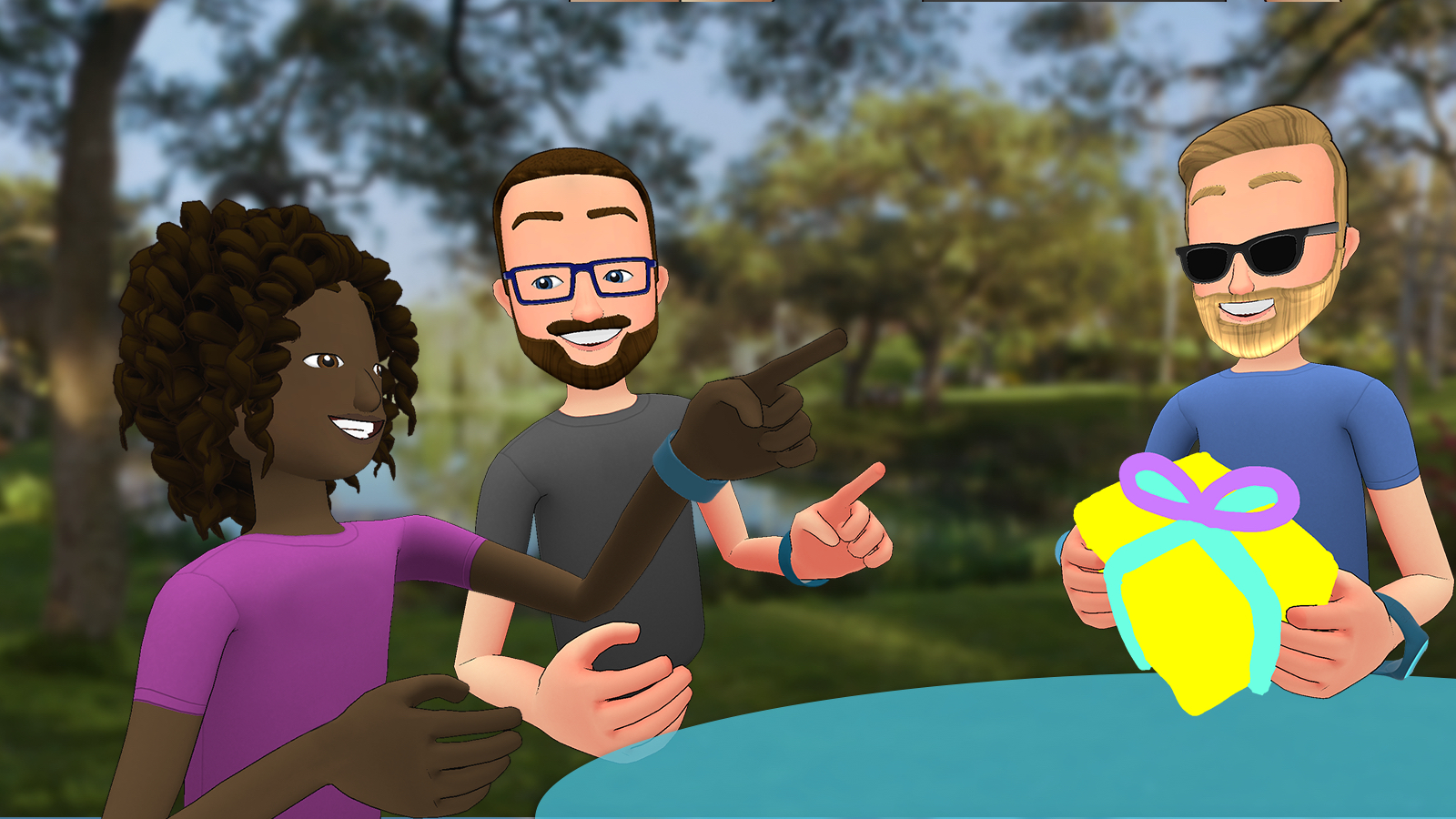 Facebook launches beta for Spaces VR app
Facebook launches beta for Spaces VR appIn Depth Virtual hangout lets Oculus Rift users chat, video message and watch videos in VR